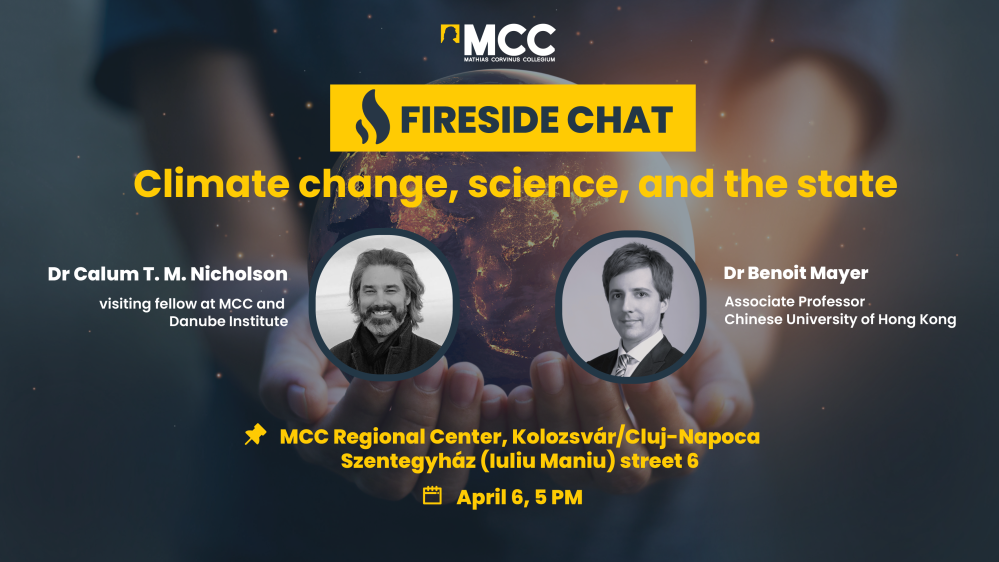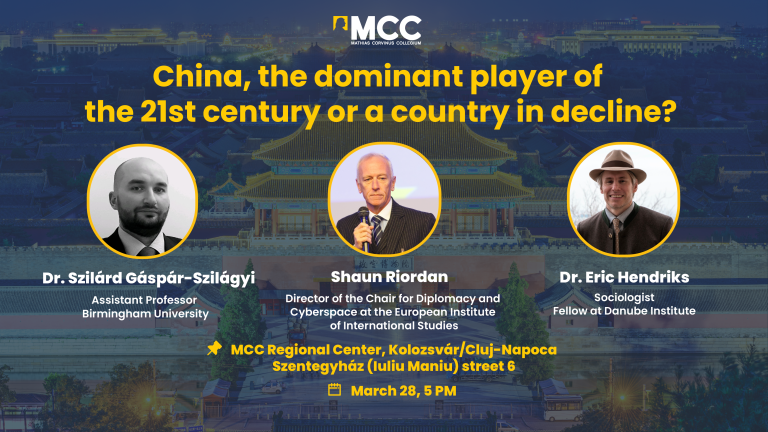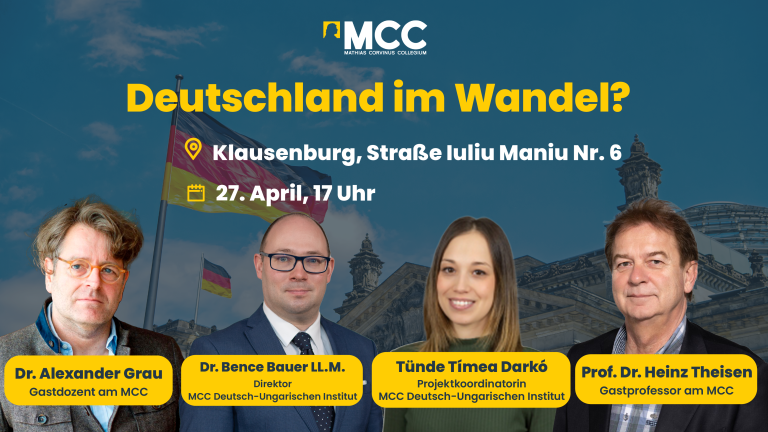Who should choose how to address climate change? The main candidates are national, global, and scientific authorities. All three types of institutions are obviously relevant: sovereignty remains undeniably the starting point of any reflection about global governance; cooperation is necessary to addressing collective action issues; and science is essential in understanding and, therefore, in addressing many of the issues that characterize the Anthropocene. Yet each of these institutions have important limitations: national institutions alone cannot address global issues; global institutions risk establishing a domination of powerful states over weaker ones; and scientific institutions lack legitimacy to make political decisions. These and similar issues will be discussed at MCC’s Fireside Chat with Dr Benoit Mayer and Dr Calum T. M. Nicholson.
Dr Benoit Mayer is an Associate Professor at the Faculty of Law of the Chinese University of Hong Kong. He teaches climate, environmental, and international law, and his research explores various aspects of international and comparative climate law. His latest book, The International Law on Climate Change Mitigation, was published in the Oxford Monographs on International Law series.
Dr Calum T. M. Nicholson studied social anthropology at Cambridge, migration studies at Oxford, and completed his PhD in human geography. Earlier he served as a development consultant and a researcher for the UK Parliament. He researches the social consequences of climate change and the impact of social media. He is currently a visiting fellow at MCC and Danube Institute.
We kindly ask you to inform us of your intention to attend by filling in the form below: here!
Check out our Facebook event to be up-to-date!


